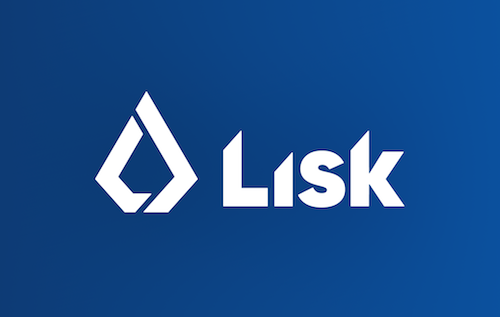
Lisk issues with centralization and with its DPoS system being controlled by a pool that owns more than 53% of the network, thus having full control over the consensus, transactions, votes, and delegates, have been a public secret for quite some time. A Lisk developer and investor calling himself 4fryn released an article titled “How to maximize your Lisk stake rewards” in which he described why the current system benefits only a few selfish individuals at the top and suggested several reasonable improvements to the way things currently operate. His suggestions include reducing the size of the delegates’ pool and unvoting the most selfish members of the network.
The community was worried with the overall lack of roadmap updates and the fact that Bitcoin is about to implement sidechains technology.
They team announced long time ago that a detailed roadmap is in the workings which would detail the development plans in a more accurate manner than the previous one. Releasing this update will deliver more clarity regarding Lisk’s ability to become one of the leading smart contracts platforms in the world.
And the update is finally here. The article explaining all the technical plans is very detailed, delves deep into the nuts and bolts of the Lisk engine and you can read it here.
Most important part is the planned solution for the problem with delegate cartels that ruined Lisk’s reputation in the crypto world. The team has laid out a proposal on how to deal with it.
Delegated-Proof-of-Stake
Protocol: Change voting system
Change the voting system in accordance with the Lisk values of accessibility, simplicity and decentralization. A simple voting system encourages a high participation of all stakeholders of the ecosystem. Moreover, this new voting system is expected to encourage decentralization and a healthy competition for active delegate slots.
Protocol: Incentivise standby delegates
Allow standby delegates to participate in the block forging depending on their delegate weight. This way there will be an incentive for standby delegates to also run Lisk nodes.
The other article from LISK HQ discusses the introduction of Lisk improvement proposals.
LIPs follow in the tradition of blockchain improvement proposal systems pioneered by the Bitcoin Improvement Proposals in 2011.
To put it simply, the objectives disclosed on the new roadmap provide a clear indication of Lisk’s direction, while LIPs provide the scientific backbone to this direction.
Both articles were received with enthusiasm and praise for the team. Now, let’s see how vigilant will the dev team be in implementing the tasks they put forward.







